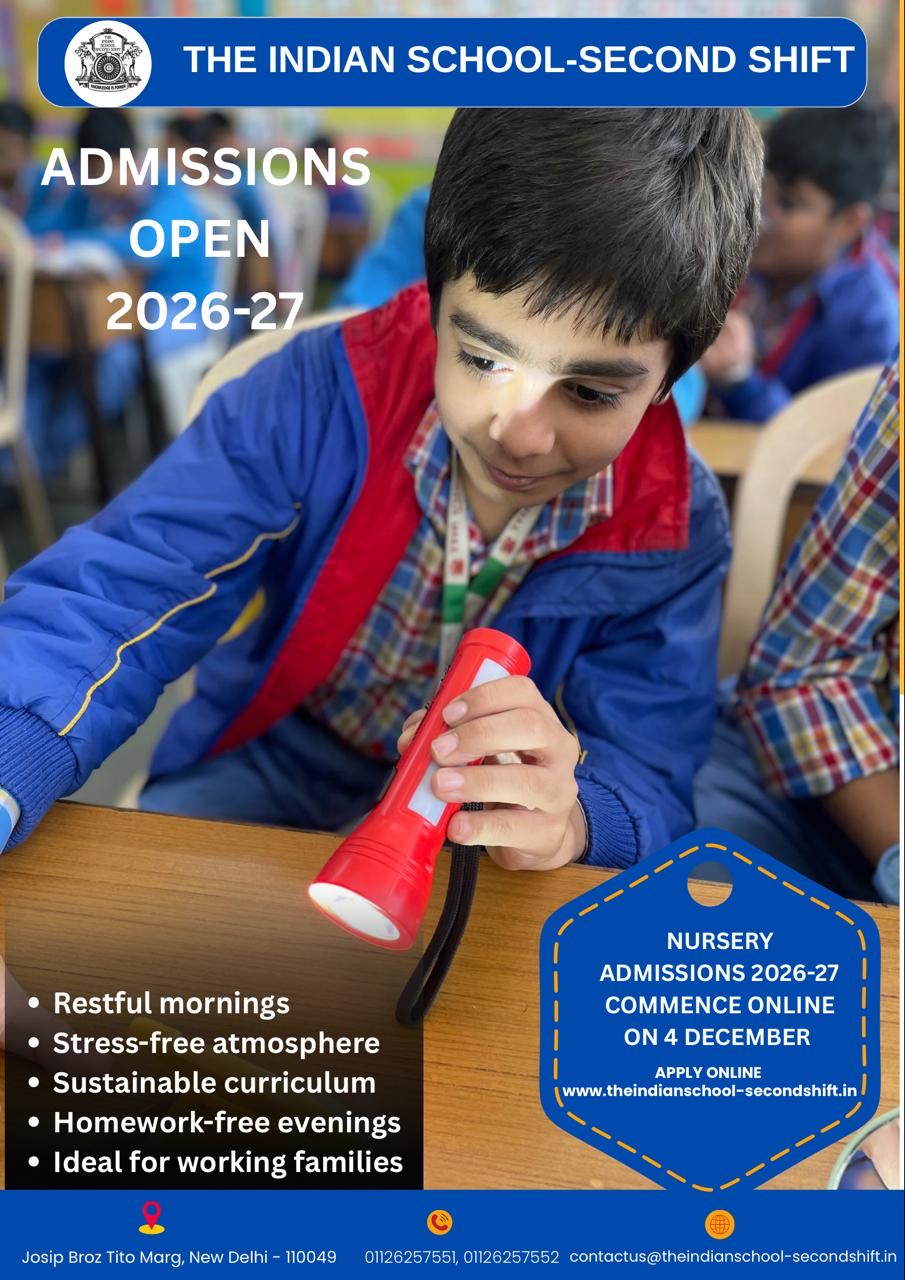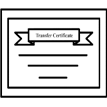Capacity Building Programme for teachers on Outcome Based Learning
‘Content without purpose is only Trivia’- by Steve Revington
The teachers of The Indian School-Second Shift had an interactive session with Ms Tania Joshi, Principal, The Indian School on December 15, 2020. The subject of the workshop was ‘Outcome based Learning’.
The session commenced with a welcome address by Acting Principal, Ms Sukhmeen Kaur Cheema. Ms Joshi, then began by indicating the importance of restructuring curriculum in a manner that it is focused on learning outcomes. She emphasised that it is essential to keep pace with new and more robust methods by building new skills in the children. Outcome Based Education (OBE), is therefore mandated.
Outcome based education is a student centric-teaching and learning methodology in which course delivery and assessment are planned to specifically achieve stated objectives and outcomes. It also works on simultaneously measuring student performance outcomes at the different levels.
Ms Joshi explained how OBE aims at the level of ability achieved by the student at the end of the course rather how it was achieved. She explained the methodology with examples to facilitate clarity.
The four essential principles of OBE are:
Clarity of focus- once the outcome is specified the teacher must concentrate of enabling the child to acquire the knowledge, skills and personality needed to achieve the same.
Designing down -this implies that the curriculum outline must start with a clear definition of the intended outcomes expected. Once this is done, all instructional decisions are aligned with the same to achieve the desired result.
High expectations -the teacher must establish a challenging standard of performance in order to usher students to engage deeper with what they being taught.
Expanded opportunities- Teachers must attempt to offer expanded opportunities for all students. This principle is based on the idea that not all learners can learn the same thing in the same way and in the same time. However, most students can achieve high standards if they are given appropriate opportunities.
In the OBE approach, teaching must be designed in a way that it is clear to the students. Examples on how to set learning outcomes for the different subjects like mathematics, environmental science etc were shared by Ms. Joshi. The teachers then attempted to construct learning outcomes independantly for their respective subjects.
A few examples of learning outcomes in class 5, for environmental science were shared as below.
One which helps recognise the unique super senses and unusual features of animals and their responses to light, sound, food etc.
One which enables the observation ofdifferent phenomena and conducts simple experiments and activities to find out more about the same.
One which enables the tracing of changes over time in practices, customs, and methods, through the viewing of monuments and by interacting with elders.
The session was highly interactive as it provided the teachers with a new perspectives to building a strong foundation for lifelong learning.










